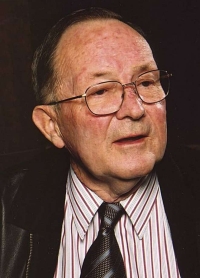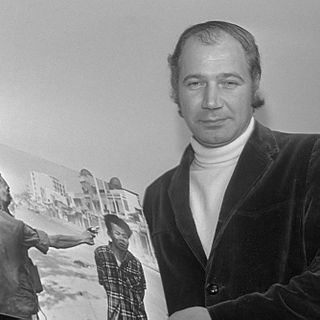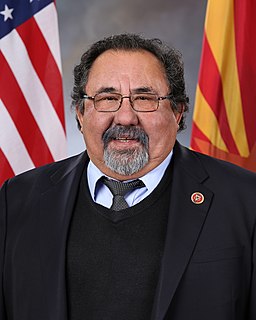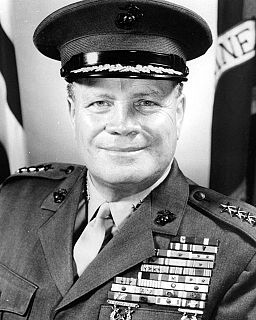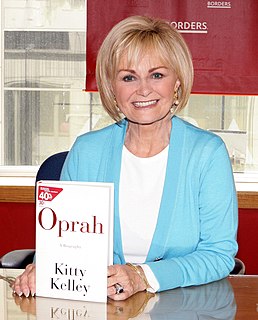A Quote by Chalmers Johnson
None of the people's wars of the sixties did very well, including the one in Vietnam. Vo Nguyen Giap himself has admitted a loss of 600,000 men between 1965 and 1968...Moreover, by about 1970 at least 80% of the day-to-day combat in South Vietnam was being carried on by regular NVA troops...Genuine black-pajama southern guerrillas had been decimated and amounted to no more than 20% of the communist fighting forces.
Related Quotes
The U.S. directed the war against South Vietnam. There was a political settlement in 1954. But in the late '50's the United States organized an internal repression in South Vietnam, not using its troops, but using the local apparatus it was constructing. This was a very significant and very effective campaign of violence and terrorism against the Vietminh - which was the communist-led nationalist force that fought the French. And the Vietminh at that time was adhering to the Geneva Accords, hoping that the political settlement would work out in South Vietnam.
Truman fired the popular Gen. Douglas MacArthur because he disobeyed orders in the Korean War. Johnson knew that he had reached the endgame in Vietnam when Gen. William Westmoreland, the top commander in Vietnam, requested 240,000 more troops in 1968 for the prolonged war that also could not be won.
When I was arrested opposing the war in Vietnam in 1965, as I said about 20 or 30% of people were opposed to the war. By 1968, more than half of Americans were opposed to the war. If you pull in Europeans, Canadians, people from around the Third World, the war was vastly unpopular. But even half of Americans by 1968 opposed the war.
Every book that comes out, every article that comes out, talks about how - while it may have been a "mistake" or an "unwise effort" - the United States was defending South Vietnam from North Vietnamese aggression. And they portray those who opposed the war as apologists for North Vietnam. That's standard to say. The purpose is obvious: to obscure the fact that the United States did attack South Vietnam and the major war was fought against South Vietnam.
At the beginning of his administration, Reagan tried set the basis for American military intervention in El Salvador - which is about what Kennedy did when he came into office in regard to Vietnam. Well, when Kennedy tried it in Vietnam, it just worked like a dream. Virtually nobody opposed American bombing of South Vietnam in 1962. It was not an issue. But when Reagan began to talk of involving American forces in El Salvador there was a huge popular uproar. And he had to choose a much more indirect way of supporting the collection of gangsters in power there. He had to back off.
Most of us who were opposed to the war, especially in the early '60's - the war we were opposed to was the war on South Vietnam which destroyed South Vietnam's rural society. The South was devastated. But now anyone who opposed this atrocity is regarded as having defended North Vietnam. And that's part of the effort to present the war as if it were a war between South Vietnam and North Vietnam with the United States helping the South. Of course it's fabrication. But it's "official truth" now.
I first became interested in Ho Chi Minh in 1964-1965 while I was stationed at the U.S. Embassy in South Vietnam as a foreign service officer with the Department of State. The government in Saigon was at the point of collapse and the [Lyndon] Johnson administration was preparing to send U.S. combat troops to prevent a communist victory there. I became convinced that the U.S. effort would not succeed because of the lack of conviction in the Saigon government compared to the discipline and sense of self-sacrifice among the Viet Cong.
Wars always evolve over time, don't they? Iraq/Afghanistan is different than Vietnam, and Vietnam was different than Korea, and Korea was different than World War One, and so on. Some things remain the same, of course - one side fighting another over ideology or a patch of ground - but there are some aspects of combat life which differ radically than their predecessors.
I was always convinced that decent people in the case of Vietnam, highly intelligent, decent people, got us involved because they had made, in part, a misjudgment about the nature of the communist system and the unity of the communist world and the degree to which the experience of Europe could be repeated in Vietnam.
With 450,000 U. S. troops now in Vietnam, it is time that Congress decided whether or not to declare a state of war exists with North Vietnam. Previous congressional resolutions of support provide only limited authority. Although Congress may decide that the previously approved resolution on Vietnam given President Johnson is sufficient, the issue of a declaration of war should at least be put before the Congress for decision.
